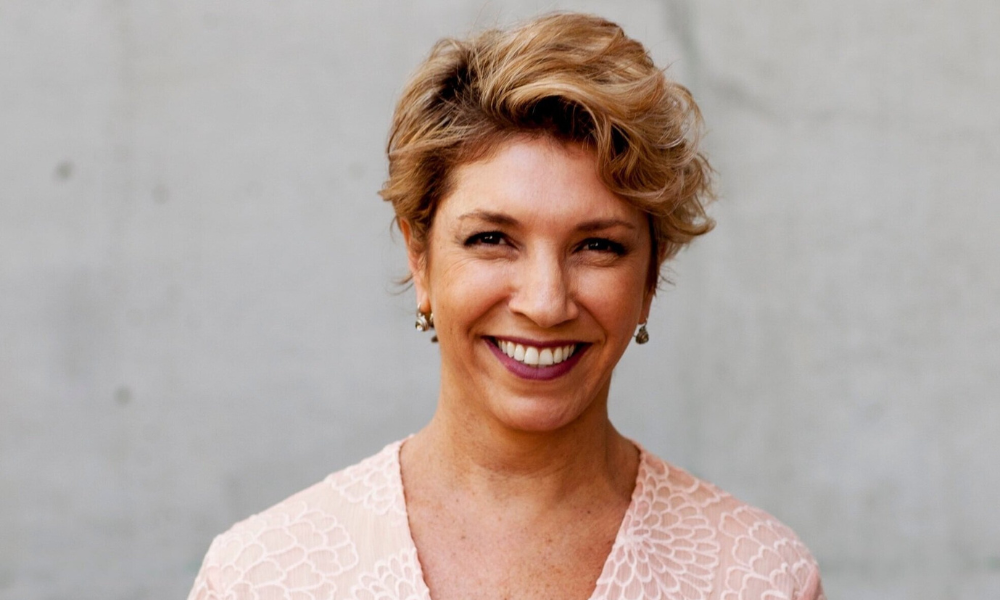
In an age where digital technology permeates every aspect of our lives, educators and parents play a pivotal role in guiding young people towards a healthy digital lifestyle.
Dr Joanne Orlando, a distinguished expert on children's technology use, is one expert whose insights are often sought after by governments, tech companies, and the media. Her current research focuses on young children's home technology use and the impact of technology on vulnerable children's wellbeing.
According to Dr Orlando, one big problem right now is that many schools are communicating mixed messages around the use of technology by young people.
“A lot of resources time energy and strategy is going into how to use technology in the best ways for learning, but on the other hand there's a huge message out to the school community on the dangers of technology,” Dr Orlando told The Educator.
“From my extensive research and analysis there is an imbalance in the messages and the approach.”
Dr Orlando said schools should clearly define and consistently communicate their stance on students' technology use.
“This includes how students should use technology, how teachers interact with them, and how parents are educated about it.”
Students’ digital skills and knowledge is dated
Dr Orlando has just completed an extensive study around Australia involving 532 families all with children in the ages of 10 through to 14. The study, funded by the Federal Government, focussed on how to understand the current digital safety needs of families and children in this age group Post-Covid.
“My team and I examined this from a number of different angles. What I found was that the digital literacy skills and knowledge of young people was very poor,” Dr Orlando said.
“In interviewing the children in this age group, very few could actually tell me what misinformation was, very few could explain cybersafety beyond someone bullying them or an adult contacting them.”
Dr Orlando said that overall, their skills and knowledge were “dated” and “not in line with how online spaces have really advanced forward.”
“This obviously is a huge concern,” she said. "There was also a fear express by all children who participated in this study in that they didn't know what dangers lie ahead of them in terms of their technology use and social media use.”
Dr Orlando said this fear was an issue that was also expressed by all the parents.
“Current digital literacy education strategies are not working well enough,” she said.
“It's only with good digital literacy skills that young people can be more in control of their technology use, feel safer and therefore be able to deal with the negative impacts of technology including the way it may impact their mental health.”
‘There needs to be a change in strategy’
When asked what her recommendations would be to better engage and educate parents about fostering healthy digital practices at home, Dr Orlando said there needs to be a change in strategy.
“Many schools have been using the parent information night repeatedly for many years now and there is a fatigue about this amongst parents,” she said.
“As a result, many schools are finding attendance rates low. The quality of the speaker for these information nights is also not consistent.”
Dr Orlando said the narrative around digital technologies is too negative and advises that schools and parents shift the focus from fear to opportunity.
“Parents tell me they feel overwhelmed by this kind of [negative] content,” she said.
“If schools are looking at balanced use of technology, then education programs need to be balanced, part focusing on the dangers and how to handle them, and part focusing on the great things that technology offers and how they can leverage those at home.”


